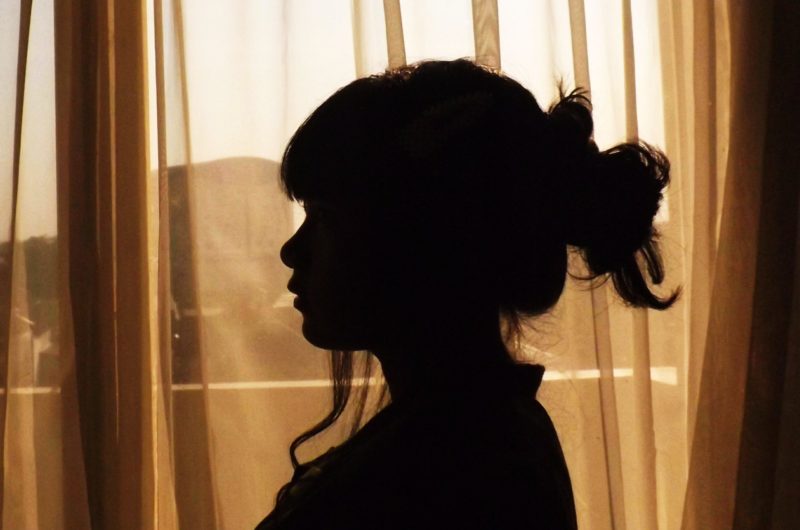
It’s normal to feel shy or nervous when you meet someone new or before you give a big speech in public, especially if you’re an introvert by nature. But if the mere thought of either situation leaves you with crippling fear or anxiety, you might be more than simply shy or a bit nervous. You might have a mental health condition known as social anxiety disorder.
According to the National Institute of Mental Health (NIMH), social anxiety disorder is an acute, unrelenting fear of being observed and judged by others. A person who is diagnosed with social anxiety disorder will feel anxious or even fearful in social situations where they might be closely observed or judged by others.
With social anxiety disorder, the feelings go well beyond feeling a flutter of butterflies in your stomach before a first date, a job interview, or an important event. Symptoms can be debilitating enough to impact the way you perform at work or school, and they can even affect your everyday activities at home. Social anxiety disorder can certainly make meeting new people very difficult, and it might even be hard to maintain your current relationships.
The NIMH estimates that around 12% of Americans will experience social anxiety disorder at some point in their lives. The global pandemic has been cited as a reason for the onset of social anxiety disorder in recent years; in fact the word “coronaphobia” has been coined in the medical field to refer to individuals who have been experiencing social anxiety as a result of the coronavirus.
Symptoms of Social Anxiety Disorder
Let’s take a closer look at the major symptoms, per the NIMH:
- Blushing, sweating, or trembling
- Speedier heart rate
- Nausea
- Feeling like their mind is “going blank”
- Posture looks/feels rigid
- Speaking too softly/inaudibly
- Having trouble making eye contact
- Go out of their way to avoid people/social situations
- Feeling overly self-conscious and fearing they will be perceived in a negative way by others
If you’ve been exhibiting these types of feelings for at least six months and it’s interfering with your way of life, you might indeed have social anxiety disorder. But it is highly treatable with the proper support.Do Anxious Feelings Mean I Have an Anxiety Disorder?
Treatment Options for Social Anxiety Disorder
Contact your healthcare advisor to discuss the symptoms of your anxiety. A physical exam will confirm or rule out anything that might also be exacerbating your feelings of fear and anxiety, but they will likely make a referral to a mental health professional for an official diagnosis. Options for treating your social anxiety disorder may include any or all of the following:
Psychotherapy. In particular, cognitive behavioral therapy (CBT) will help relieve symptoms of anxiety. You will learn coping mechanisms and other positive ways to behave and react to situations that normally make you feel uncomfortable. You may be encouraged to undergo a type of CBT known as exposure therapy, which encourages you to engage, little by little, in those very activities and situations that cause anxiety in an effort to overcome it.
Medication. Prescription medication often goes hand in hand with psychotherapy to treat the symptoms of social anxiety disorder. You might be prescribed antidepressants or anti-anxiety medication, or you might be put on beta blockers, which can regulate the symptoms of your anxiety, such as increased heart rate or profuse sweating.
Support groups. It might seem counterintuitive to seek out group settings when that is, indeed, what is causing your anxiety. But if you are exploring other treatment options, you might eventually feel at ease knowing you are among peers who are experiencing the same symptoms and fears as you are. Together, you will share experiences and learn from each other that your concerns about being scrutinized or unfairly judged by others are unfounded.
All of these treatment options, whether taken individually or in combination, are known to be successful. However, it will take time before you see improvement. You may need a mental health retreat to address your feelings, identify helpful treatment strategies, and get you back on the road to wellness.
For more information on mental health treatment and services, contact one of Beachside Rehab’s trained admissions counselors at 866-349-1770
